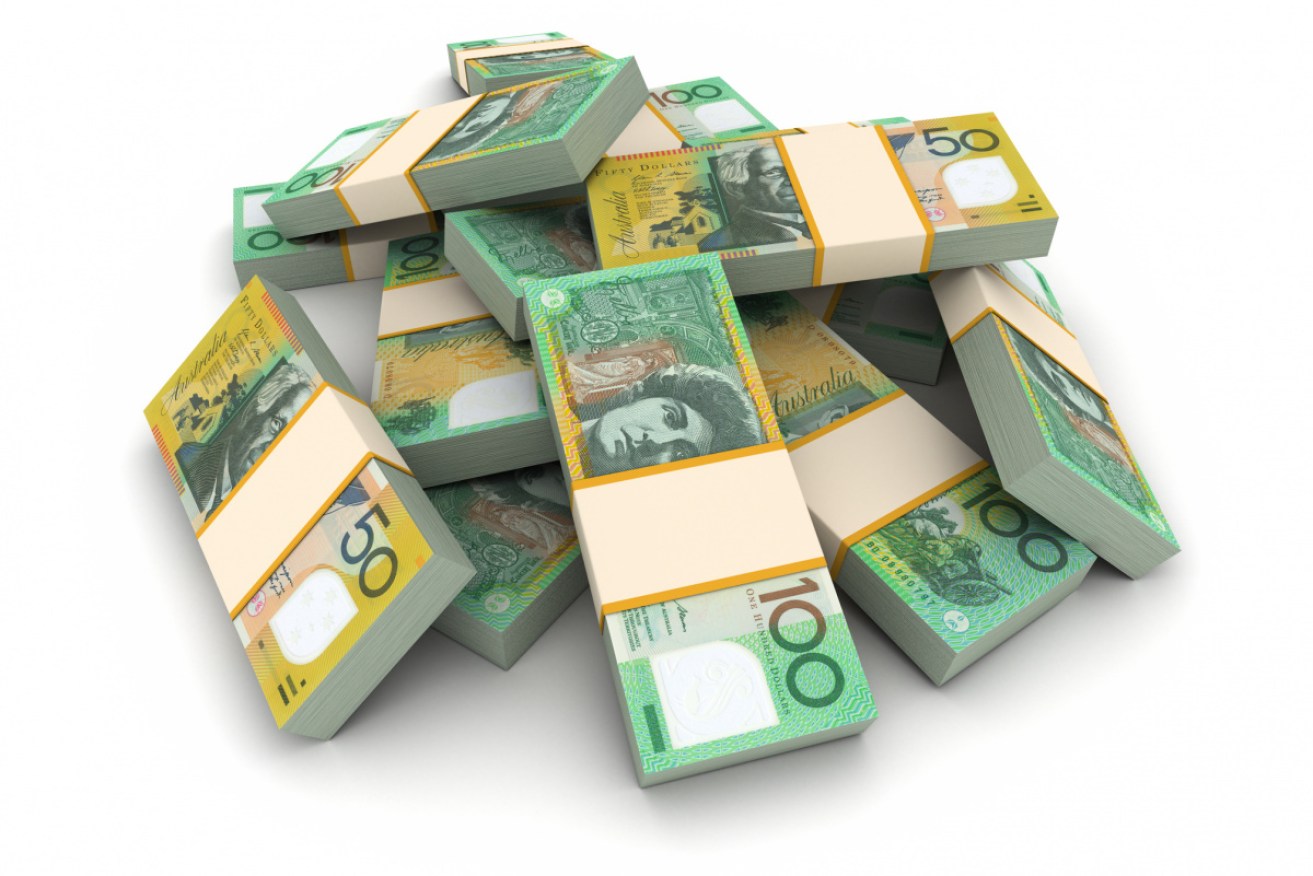Government flags heavy-handed crackdown on black economy


The government has estimated the ‘black economy’ could be worth up to $50 billion. Photo: Getty
Pay $10,000 or more in cash for a car or a home renovation, and you could find yourself with a criminal record and a 2.5-year jail sentence or a $25,200 fine.
That’s the possible ramification of the government’s proposal to criminalise cash transactions over $10,000, in a move one group has called extreme.
Another called it an attack on our right to privacy.
The government first flagged the move in the 2018-19 budget as part of a crusade to weed out the black economy.
The government’s Black Economy Taskforce (an initiative of the federal Treasury) estimated at the time the ‘black economy’ could be worth up to $50 billion – more than twice what the Australian Bureau of Statistics estimated in late 2016.
The taskforce claimed that a $10,000 cash limit for transactions between businesses and individuals would help stamp out tax evasion, money laundering and other crimes.
Currently, all cash transactions of more than $10,000 must be reported to the Australian Transaction Reports and Analysis Centre (AUSTRAC) – the government’s financial intelligence agency that monitors transactions to identify money laundering, organised crime, tax evasion and terrorism.
But the move to criminalise the transactions was an “extreme” escalation and “a step too far”, according to accounting body CPA Australia.
CPA’s Gary Pflugrath said while the body acknowledged that cash was “an enabler of illegal activity”, the latest move was a sledgehammer to crack a nut.
“There are a number of existing checks and balances in the system to address criminal enterprises already, and to link all large cash transactions to criminality is a step too far,” Dr Pflugrath said in a submission.
“The proposed offences can lead to an individual being convicted, fined and/or jailed for up to two years for merely using cash, regardless of the purpose or nature of the transaction.”
Research fellow at the Institute of Public Affairs Kurt Wallace went further, calling it an “attack on our right to privacy and part of a broader war on cash”.
“Australians should not be treated with suspicion for using cash,” Mr Wallace said.
“The ban would be a disproportionate and ineffective way of tackling the black economy. Law-abiding citizens will have their freedom diminished, while those acting illegally will continue to trade in cash.
“Restrictions on cash undermines our right to privacy by creating a digital trace of all of our transactions. The ability of the government or a non-trusted third party to know the details of every purchase we make is a major privacy concern.”
But one tax expert said people need only be worried, if they have something to hide.
H&R Block’s director of tax communications Mark Chapman said the new law would precisely target those people making “dodgy” transactions.
“It’s a reasonable move, because in this day and age, I’m not sure that anybody pays for anything of that value in cash,” Mr Chapman said.
“And if they are, chances are they may have got the cash from somewhere the taxman would rather know about. And that, I believe is why they [the government] are doing it.”
The new laws would not apply to individual-to-individual transactions, such as the private sale of a vehicle, where the seller does not have an ABN. Nor will it apply to cash payments to financial institutions.
Mr Chapman said the people most at risk of being targeted were those not declaring income they are receiving.
“I think this will make zero difference to the vast majority of people, and the only people likely to be affected are those whose cash has come from somewhere dodgy.”
Meanwhile, One Nation leader Pauline Hanson slammed the move, framing it as an attack on ordinary people.
“Effectively, if you are a person who keeps cash and uses it to buy a new small car, for example, you will face the real threat of two years in jail and a fine that would likely exceed the value of the vehicle,” Ms Hanson said on her Facebook page.
She said One Nation was also worried it would leave people’s bank deposits vulnerable to negative interest rates — whereby instead of receiving money on deposits, depositors must pay regularly to keep their money with the bank.
University of Melbourne law professor and tax expert Miranda Stewart told The New Daily she agreed with Mr Chapman, arguing the government’s move was more about minimising the leakage of tax.
“The question is who does business transactions using that much cash?” Professor Stewart asked.
“It does happen, but I don’t think it would be all that common.
“This was about tax obviously … about capturing GST components, income tax and PAYG payments to workers, workers’ compensation contributions and the super guarantee.
“I think that’s the primary goal, but it might also have effects in respect of criminal transactions. This would give government another lever for enforcement.”
One risk in strengthening the law was that it might push more people into the murkier world of cryptocurrencies, Professor Stewart said.
AUSTRAC, which monitors cryptocurrency transactions, did not respond to The New Daily before deadline.








